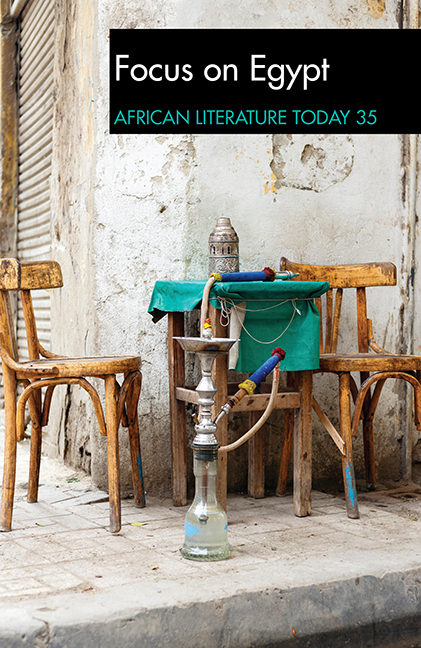Foreword
Published online by Cambridge University Press: 24 August 2019
Summary
I have travelled frommy city, Cairo, to most of the world's countries before I eventravelled to any country in Africa; despite the fact that the landof Egypt is located in Africa. We are born in it, we live in it, andwe are buried in its ground; our material and cultural roots as wellas the sources of our river (the Nile) are enshrined in the heart ofits body.
But our faces and eyeshave always looked towards the North, towards the ones who havetortured and oppressed us in Europe and America, and our backs havealways turned to ourselves, in Africa and the South. Oppression iscertainly double when one turns her or his back to herself orhimself, when one is ashamed of her or his tanned or black skin andhides it with a white powder, in the same way a woman is ashamed ofbeing a woman when she feels that her face is a flaw. She hides itwith a cover. The slavery and colonial system have hurt women, thepoor and Africans, when it robbed us of our economic resources andthe treasures of our civilization, which extend in history, beforethe beginning of history. It robbed us of our material and culturaltreasures which are buried in the earth's belly, and which remain onits surface until today, such as the pyramids, obelisks, statues,and the creative monuments that the peoples of the world seek tosee. But the big colonial offence was that arrow that the white manhas aimed at the heart of the African man. Africa has become asource of shame and his black skin a sign of slavery.
My trips to Africa havecome relatively late, at the end of the seventies, when I served asa consultant with Africa's Economic Committee at the United Nations.My residence was in Addis Ababa, but my job required travel to allAfrican countries. Some trips were long, others were short. Theywere not sufficient to allow me to go inside the heart of the vastand ancient continent, even though they were enough to open my heartand discover myself and that I am African.
- Type
- Chapter
- Information
- ALT 35: Focus on EgyptAfrican Literature Today 35, pp. xv - xviiiPublisher: Boydell & BrewerPrint publication year: 2017



